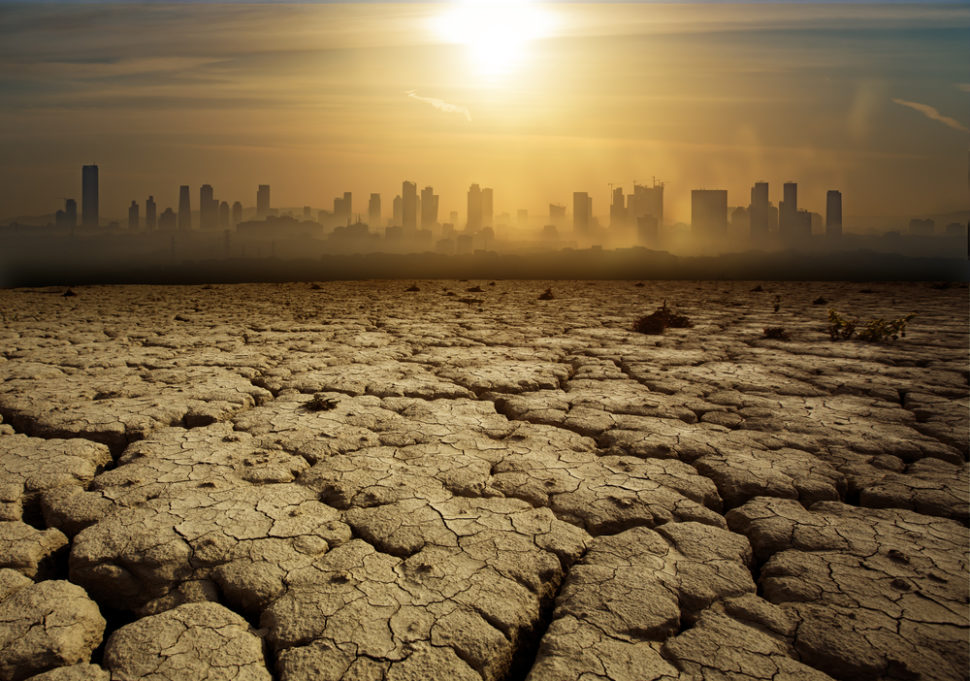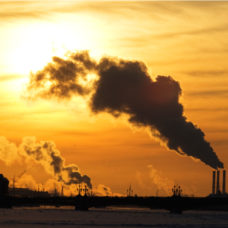According to a new UN climate report, we can still limit the global temperature rise to 1.5°C theoretically. But that’s highly unlikely.
It’s no secret that warming of 1.5°C above pre-industrial average temperatures will significantly increase the effects of climate change. Temperature above this threshold will not only endanger plant and animal life but humans as well.
To prevent this terrible outcome, countries must cut their emissions by over 7 percent every year between 2020 and 2030. In other words, emissions in the coming decade must be 55 percent lower than they were in 2018.
But it may be too late.
In a new climate report, the UN acknowledged the near impossibility of the goal. Despite recent efforts to reduce the release of greenhouse gases into the atmosphere, emissions have risen by 1.5 percent in the last years.
The executive summary of the new UN Environment Program report reads:
“There are no sign of [greenhouse gas] emissions peaking in the next few years; every year of postponed peaking means that deeper and faster cuts will be required.”
UN Climate Report: Keep the Planet’s Temperature Below 1.5°C
In 2015, countries signed the Paris climate agreement to keep the global temperature well below 2°C. However, the goal was to hold warming below 1.5°C.
But, it soon became evident that the 2°C may not be enough to save the planet, and 1.5°C is a bit of a stretch.
According to scientists, a temperature rise of 2°C would add an average of four inches of global sea-level rise. Also, it increases the likelihood of an ice-free Arctic ocean.
The IPCC scientists wrote:
“Coral reefs would decline by 70-90 percent with global warming of 1.5°C, whereas virtually all would be lost with 2°C.”
At the moment, the planet is on track to become 3.2°C warmer than it was in the pre-industrial age. As you can imagine, this would lead to events that threaten human civilization and the ecosystem.



















Comments (0)
Most Recent